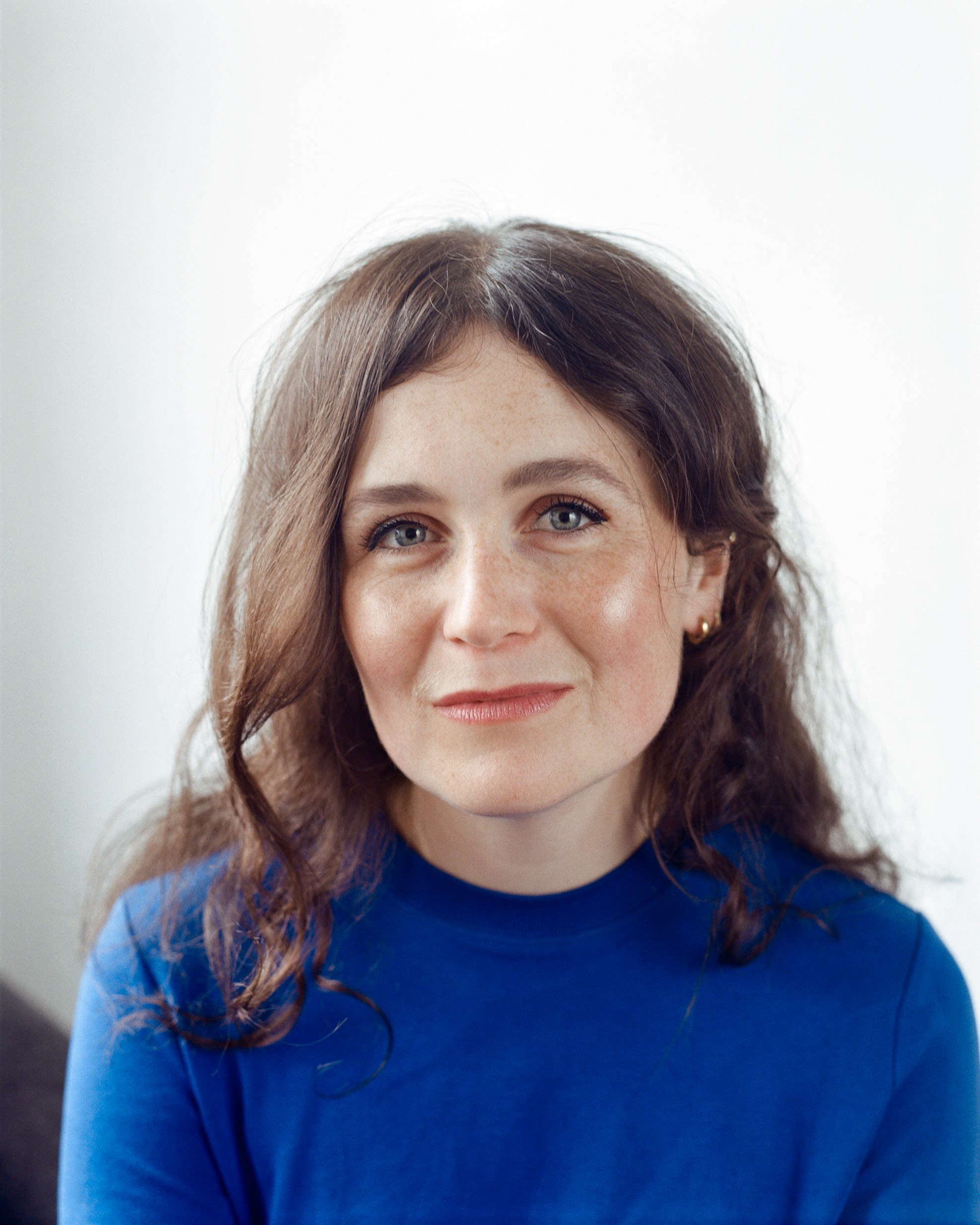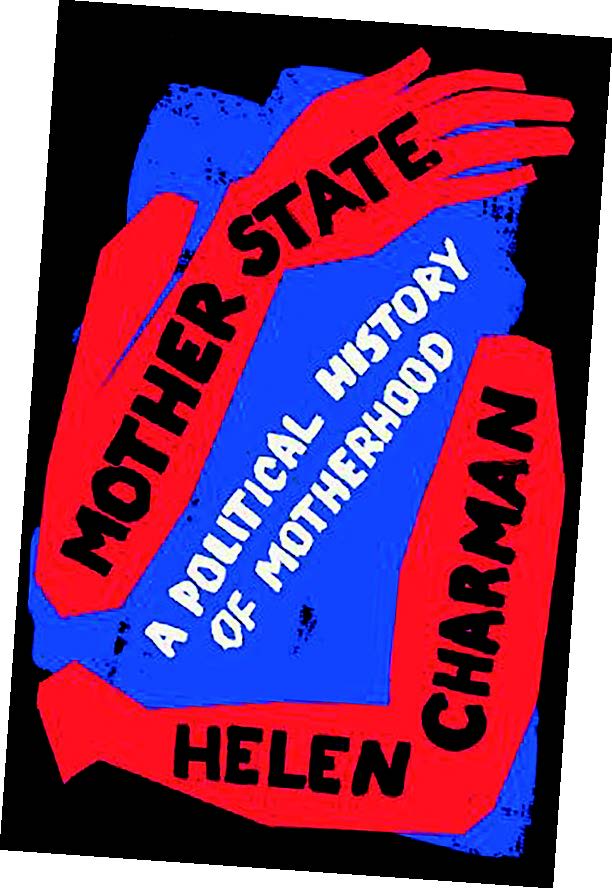Unveiling 'Mother State'
An interview with Helen Charman

Helen Charman joined Clare in Michaelmas 2023 after spending three years teaching at Durham University. She is now a Director of Studies and an undergraduate tutor in English. Helen’s research lies at the intersection between literary studies, social history and psychoanalysis. Her first book, Mother State: a political history of motherhood, was published in 2024.
During my research, I realised that the topic of maternity required an interdisciplinary approach, and that the stakes of maternal life both in fictional texts and across the period as a whole were profoundly and unignorably political.”
Congratulations on the publication of your first book. Can you describe in one sentence what the book is about?
The book argues that mothering is an explicitly public and political—rather than private and domestic—act: it does so by charting an alternative history of Britain from the 1970s to the present, encompassing lesbian squats, Women Against Pit Closures, Greenham Common Peace Camp, and Call the Midwife, to name a few.
What inspired you to write Mother State, and how did the concept evolve over time?
The idea for the book emerged while I was a PhD student in the English Faculty here at Cambridge: my doctoral thesis, Generative Economies, argued for a reconsideration of the importance of the maternal body in mid-to-late nineteenth-century social realist fiction, taking George Eliot’s work as its primary case study. The thesis drew on historical advancements in obstetrics and gynaecology, political economy, and Freudian psychoanalysis to question the received idea that the pressures of the new industrial age created a divide between the public, masculine workplace and the feminine, domestic domain of the home. During my research, I realised that the topic of maternity required an interdisciplinary approach, and that the stakes of maternal life both in fictional texts and across the period as a whole were profoundly and unignorably political. By the time I’d finished my PhD, I began to seriously consider what it might look like to apply the methodology I’d developed to the period of British history I had lived through myself: born in 1993, my entire adult life has been defined by austerity, in the wreckage of the post-1945 welfare state. In Mother State, then I consider four definitions of the book’s title: first, the state of being a mother itself, including (but not limited to) the physical experiences of pregnancy and birth; second, the relationship between mothers and the state; third, the uses the state makes of mothering—its politicization—and, finally, the conception of the welfare state in Britain as a maternal entity in and of itself.
You went on a 20- date book tour last year around the UK promoting Mother State. What was the highlight for you and was the tour successful?
It was an exhausting and exhilarating experience in equal measure: it’s a serious privilege to be able to travel the country and meet people who have taken the time to read your work and come and hear you speak. It’s very difficult to pick a highlight, but it was very special to be in conversation with the historian Hannah Proctor on the day the book came out for a sold-out event at the Glasgow Women’s Library: I lived in Glasgow the entire time I was writing the book, and the Women’s Library is an amazing feminist resource.
How do you balance your research and writing with teaching Clare students, and are they fans of your work?
During term-time I’m lucky if I manage to write all the emails I’m supposed to: it’s only in the vacations, really, that there’s any time to research and write. Teaching can be very generative, though: I’ve no idea what my students think of my work, but I’m certainly a fan of theirs.
What do you enjoy most about working with English scholars? Can you share a memorable moment from your first year of teaching at Clare?
One thing I really value about the way English is taught at Clare is the freedom it affords for experimenting with different ways of teaching, learning, writing and reading. One memorable moment that comes to mind is the ‘séance’ organised by the current third-years and Dr Anne Stillman on Hallowe’en: we all gathered in the Thirkill Room as dusk was falling and read the whole of The Waste Land aloud, with all the English students sporting some impressively inventive costumes.
What are you working on next?
I’m working on two new projects: the first is another public-facing book, about precarious labour and its social, cultural, and psychological effects. The second is an academic monograph, Deep Down Below the Memory, that considers the relationship between the psychoanalytic case history and narrative style, from George Eliot’s influence on Sigmund Freud to Lydia Davis’s relationship to Melanie Klein.


